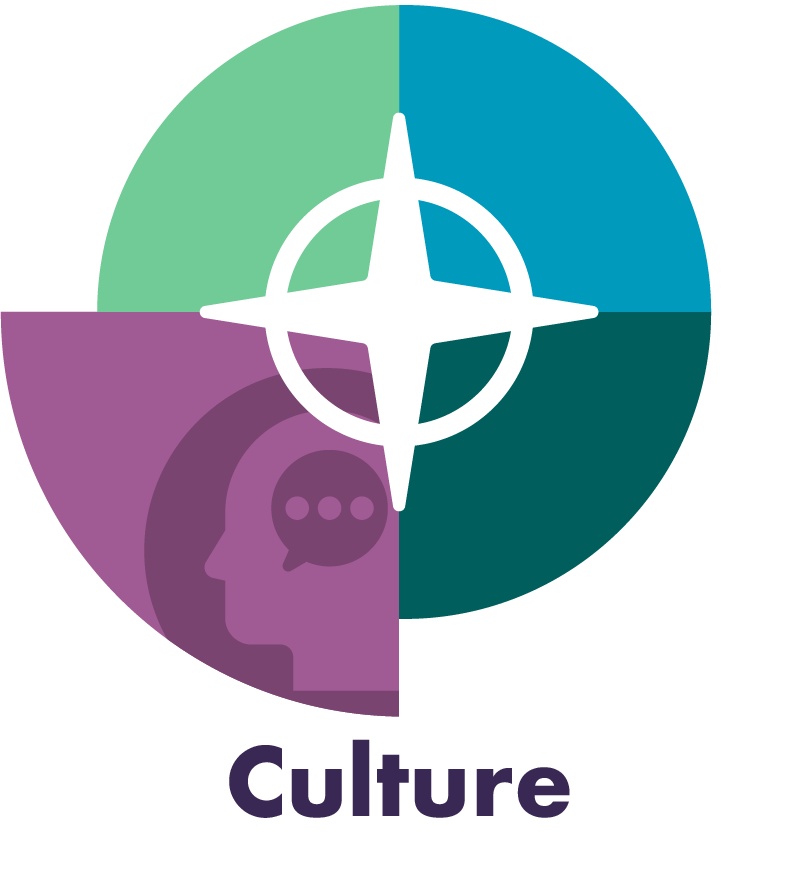Businesses are more likely to be successful with the implementation of strategies to manage critical risk such as food crime, if they operate collaboratively and cross-functionally, both internally and externally.
The management of supply chain demand, supplier relationships, material sourcing, product development, and dealing with challenges such as crisis management is far more likely to be successful if a business encourages a framework of collaboration.
One specific example of effective collaborative working in a larger organisation would be strategic materials teams, where a cross-functional team working collaboratively recognises cost, functional, operational and safety risks, and opportunities when sourcing materials.
Forming stable short, medium, and long term collaborative relationships within and across departments and with supply or service partners enables mutual understanding, honoured commitments, and shared responsibility for success. This not only supports the supply chain in managing risk and vulnerability during times of crisis, but also allows partners to support longer term planning and investment.
The establishment of a collaborative relationship-based operating ideal is critically important with internal functions, departments, and stakeholders, ensuring the business focus is on the competitive set, rather than a supplier or another internal function or business division.


